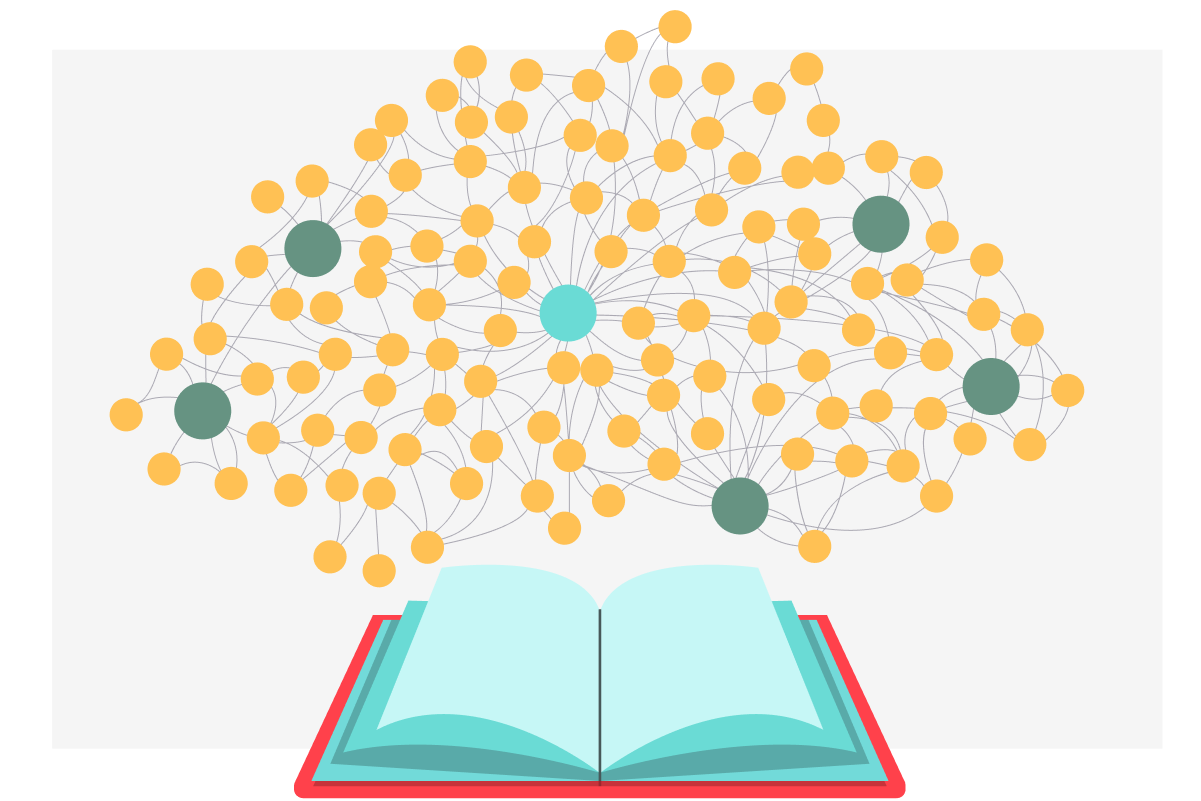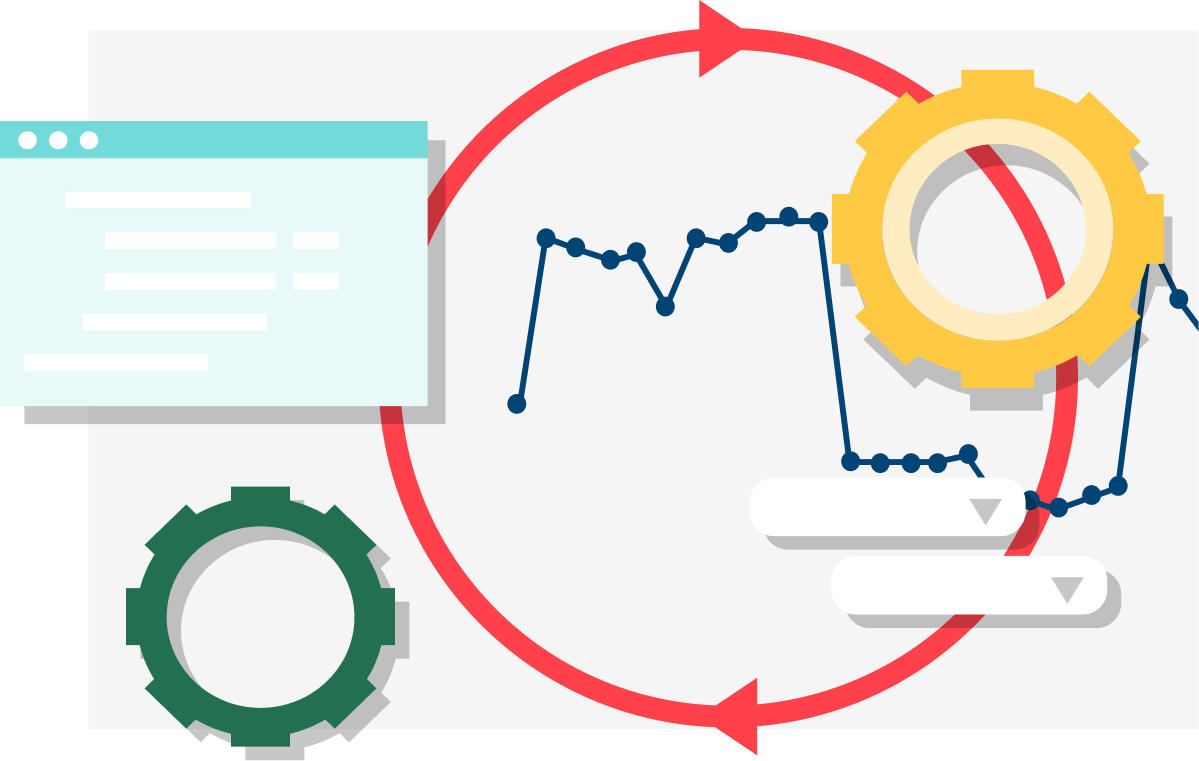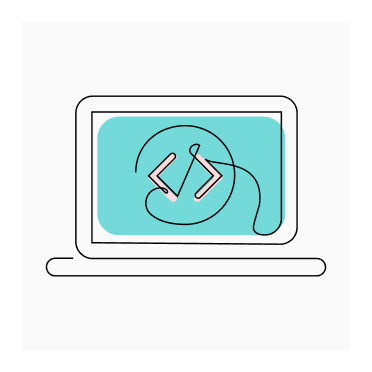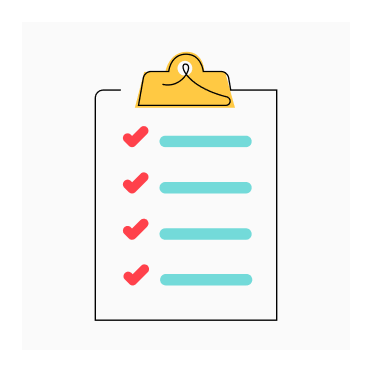To build out a knowledge graph that maps curriculum and standards, we start by establishing partnerships with state academic standards and high-quality curricula providers.
AI Developer Tools for Education
We’re working to realize AI’s full potential in education by building foundational AI infrastructure to accelerate the development of more accurate, state academic standards-aligned, and learning-science backed edtech products for the public good.
Our goal is to address the gap between big tech's AI advancements and the specific needs of education. With our developer tools, we aim to empower edtech teams to create transformative and pedagogically rigorous solutions that address the unique challenges faced by educators and schools


Our Approach
We’re co-building with partners to improve AI for education.
Initial Focus Areas

Our Knowledge Graph helps developers improve the quality of outputs from educational AI systems.
A Knowledge Graph for Education
Selecting the Right Source of Education Data Providers
Constructing a Graph From High-Quality Data
We then convert the data into a consistent, semantically rich format that is relevant and reliable.
Enabling the Graph for Developers To Utilize
Correct information can then be pulled through a variety of techniques directly from the knowledge graph into a developer’s LLM context window.
Our Initial Release:
Illustrative Math Knowledge Graph

Our Evaluators enable developers to assess the quality of educational AI outputs.
Evaluation Through Rubrics and Validation Datasets
Choosing Comprehensive
Open-Source Rubrics
We select expert-backed rubrics that capture key dimensions of pedagogy.
Creating Validation
Datasets
We then collect product outputs as datasets from other GenAI tools to be annotated by domain experts against the selected rubric.
Configuring the
Optimal LLM
After annotation, we optimize the dataset across various LLMs to identify the optimal model configuration for scoring inputs against the rubric, achieving accuracy comparable to human experts.
Our Initial
Release:
Qualitative Text Complexity Evaluator

Interested in partnering with us?
Thank you for contacting our team!
Our Commitment to Data Privacy and Integrity
-

Privacy by
DesignOur tools are built with privacy as a core principle, along with strong security measures. By prioritizing privacy, we handle data responsibly, maintaining trust while delivering valuable educational resources. We also provide clear and comprehensive explanations about how our tools operate, ensuring educators, developers and partners can confidently integrate them into their work.
-

Development of
AI-powered ToolsWe work collaboratively with educators, researchers and other domain experts to design AI tools that are inclusive and aligned with the real-world needs of classrooms. We believe AI is a tool meant to complement human expertise, not replace it.
-

Our AI
Governance ProgramAs a part of AI Developer Tools for Education, we build resources guided by our AI governance principles, including protecting confidentiality, privacy and security; upholding accountability; and providing transparency. Our AI Governance program includes processes about data usage, AI development, and AI use. Through our governance principles, we maintain a transparent and ethical approach to building AI-powered educational tools.
News & Stories
Interested in learning more about our work in education? Get the latest information from the links below.








